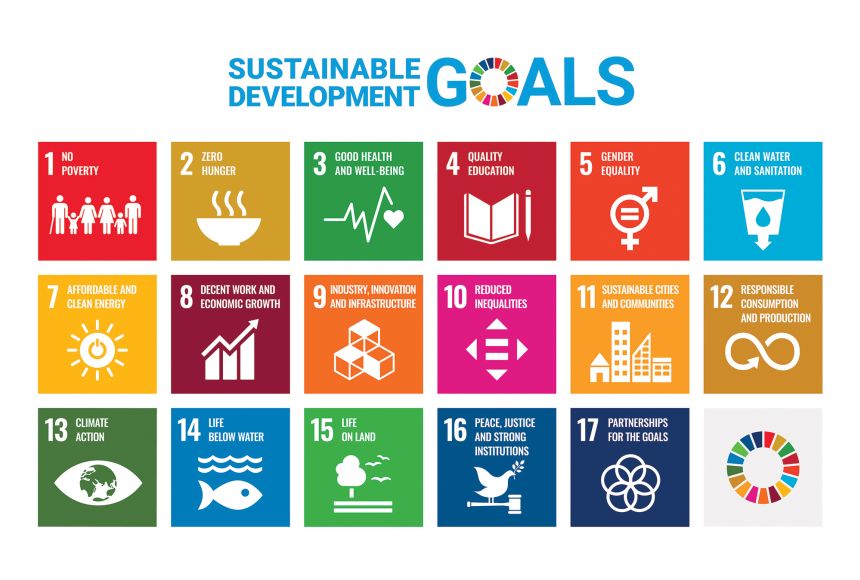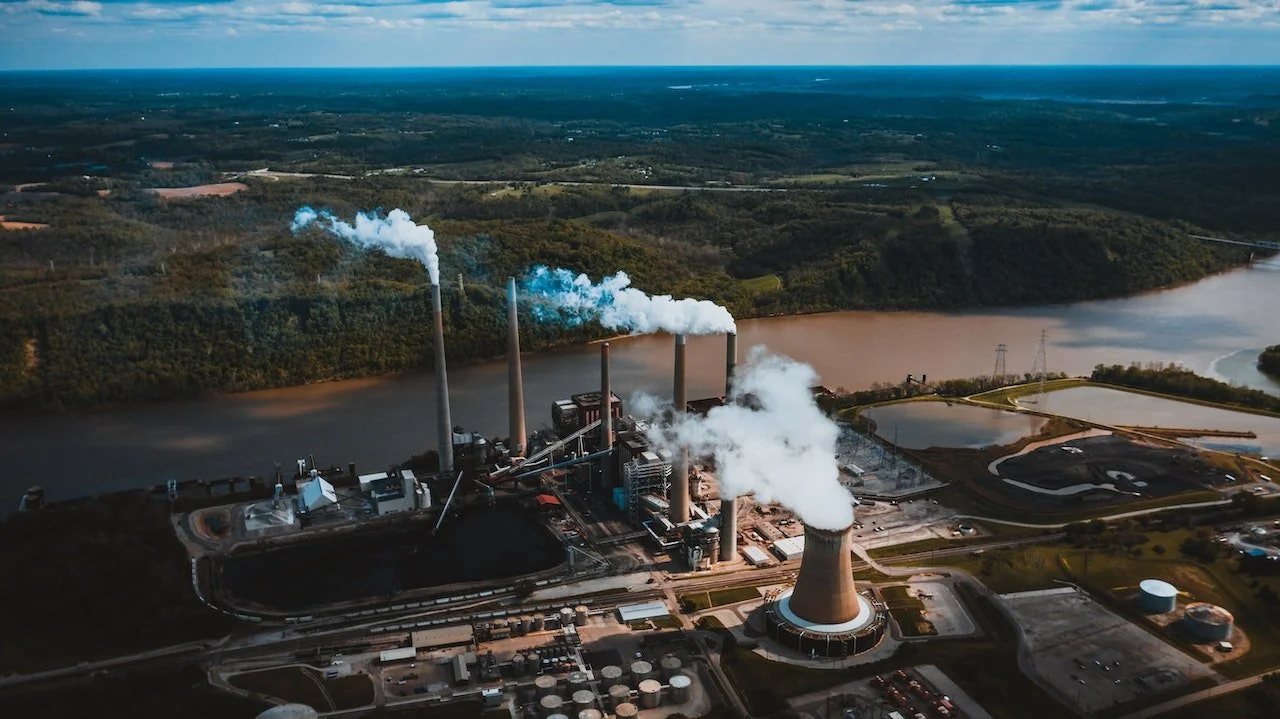The recently released UN Climate Report has sent shockwaves through the global community, painting a grim picture of the current state of Earth’s ecosystems and warning of irreversible damage if urgent action is not taken. The report, compiled by the Intergovernmental Panel on Climate Change (IPCC), underscores the dire consequences of human-induced climate change, highlighting the devastating impact on ecosystems, biodiversity, and the well-being of millions of people worldwide.
One of the most alarming findings of the report is the accelerated rate of climate change, driven primarily by greenhouse gas emissions from human activities such as burning fossil fuels, deforestation, and industrial processes. Rising temperatures, changing precipitation patterns, and extreme weather events are already wreaking havoc on ecosystems, leading to habitat loss, species extinction, and disruption of vital ecosystem services.
The report warns that unless immediate and decisive action is taken to reduce emissions and mitigate the effects of climate change, the consequences will be catastrophic and irreversible. From melting polar ice caps and rising sea levels to more frequent and intense heatwaves, storms, and wildfires, the impacts of climate change are being felt across the globe, with disproportionately severe consequences for vulnerable communities and ecosystems.
Furthermore, the report highlights the interconnectedness of Earth’s ecosystems and the cascading effects of environmental degradation. Changes in one ecosystem, such as melting glaciers or deforestation, can have far-reaching consequences for other ecosystems and the global climate system as a whole. This underscores the urgent need for coordinated, global action to address the root causes of climate change and protect the integrity of Earth’s ecosystems.
Despite the dire warnings, the report also emphasizes that there is still hope for mitigating the worst effects of climate change if immediate and ambitious measures are taken. This includes reducing greenhouse gas emissions, transitioning to renewable energy sources, protecting and restoring natural habitats, and adopting sustainable land-use practices. Additionally, efforts to enhance resilience and adaptation measures are crucial for minimizing the impacts of climate change on vulnerable communities and ecosystems.
In conclusion, the UN Climate Report serves as a stark reminder of the urgent need for collective action to address the existential threat of climate change and protect the health and integrity of Earth’s ecosystems. Time is running out, but there is still hope if we act decisively and with determination to safeguard the planet for future generations.




